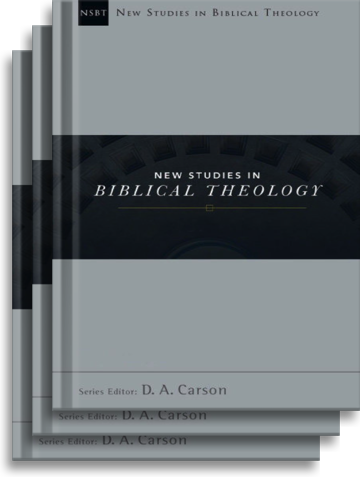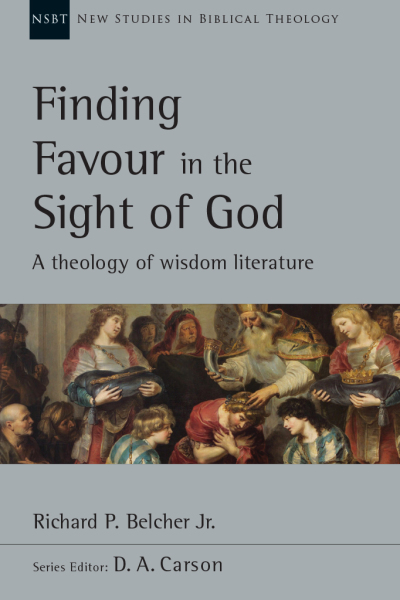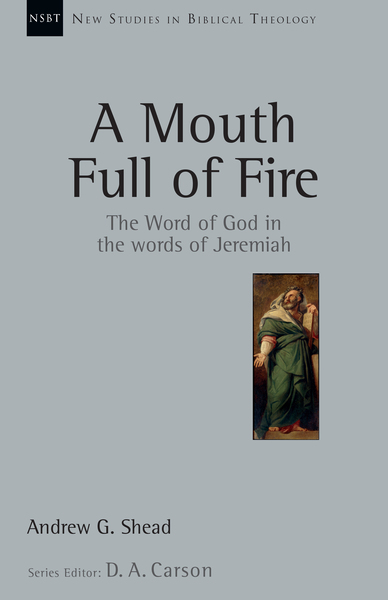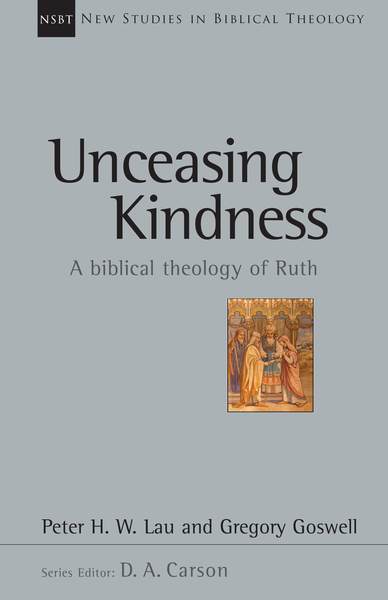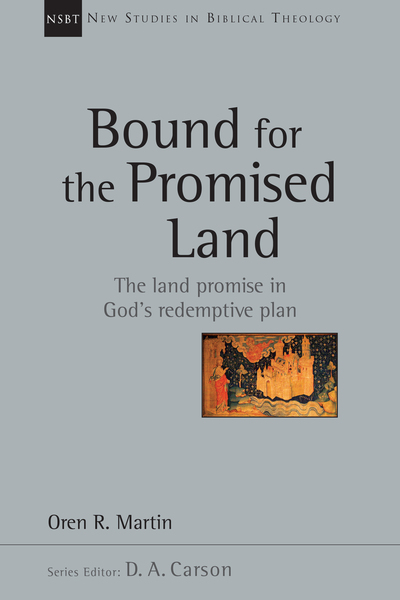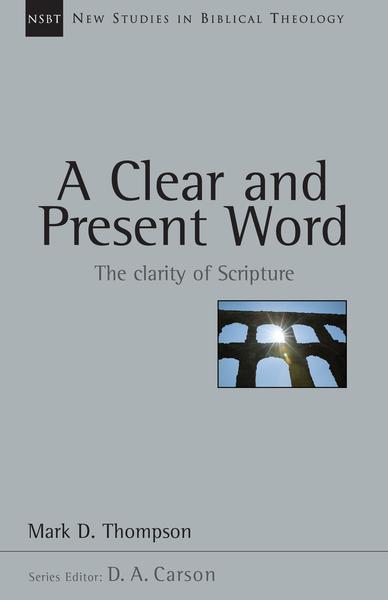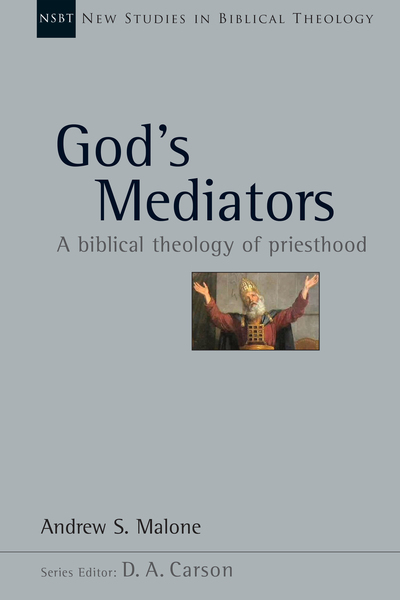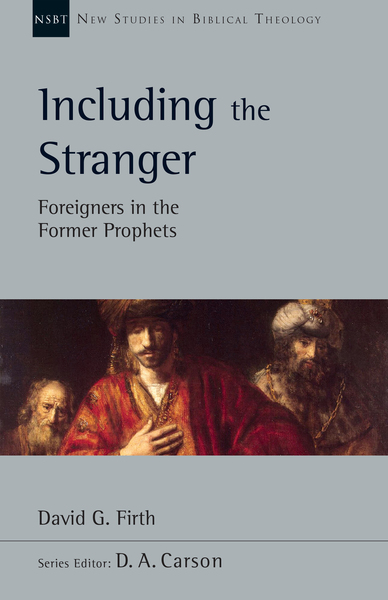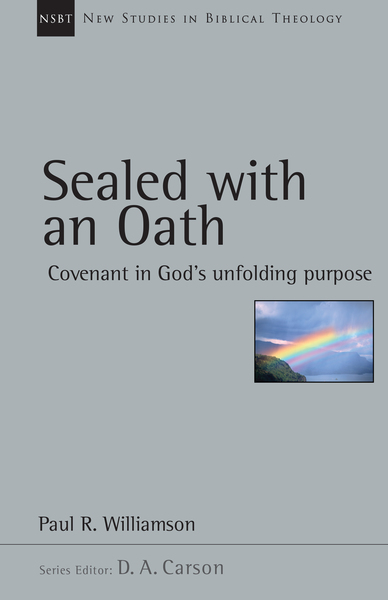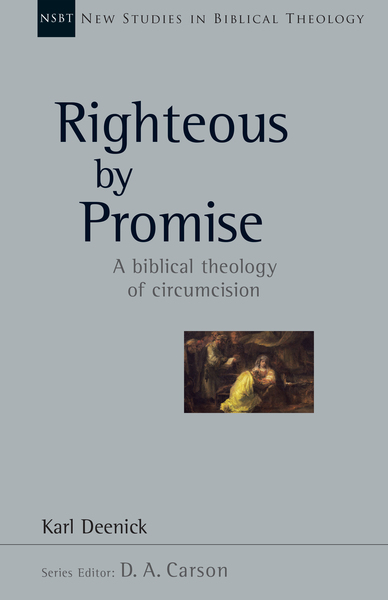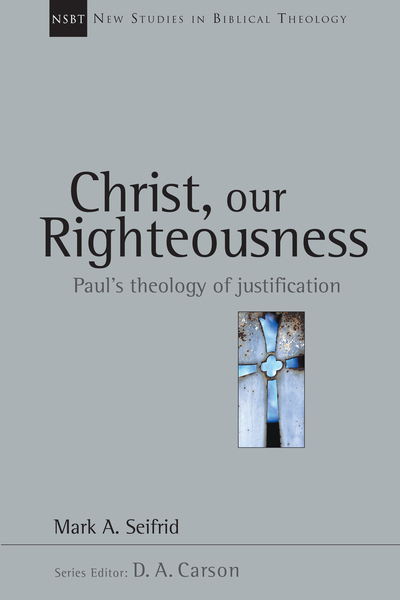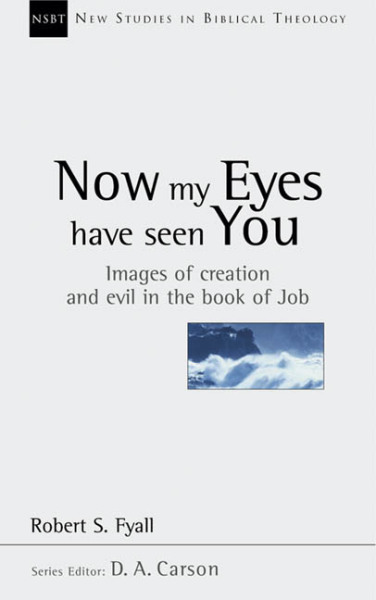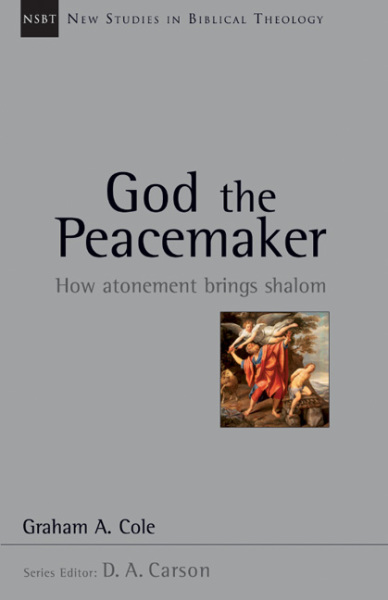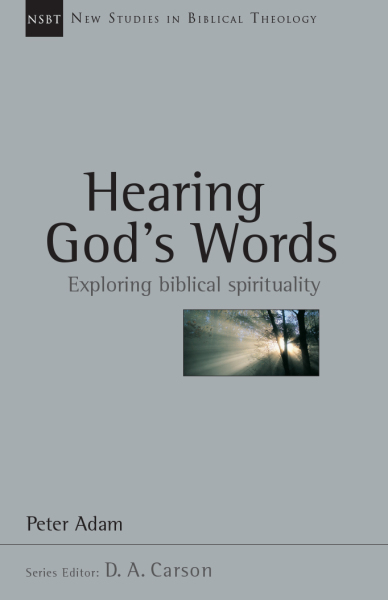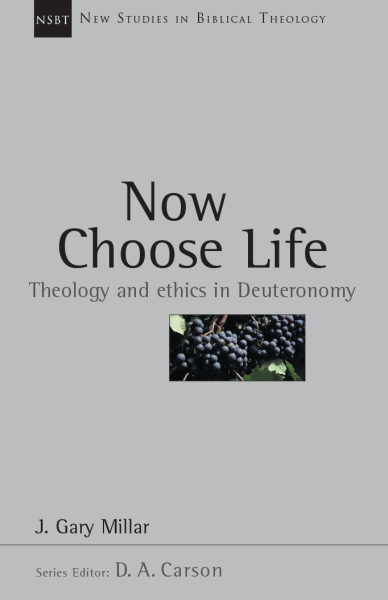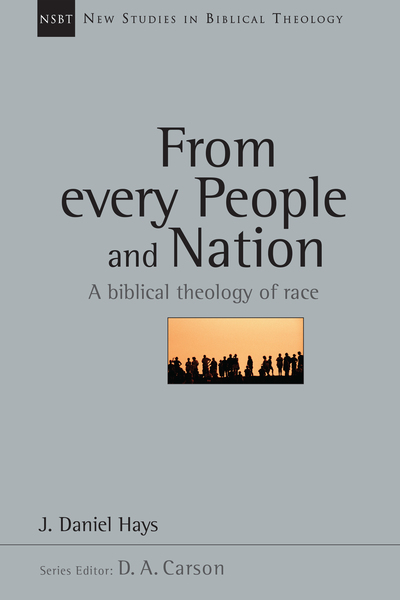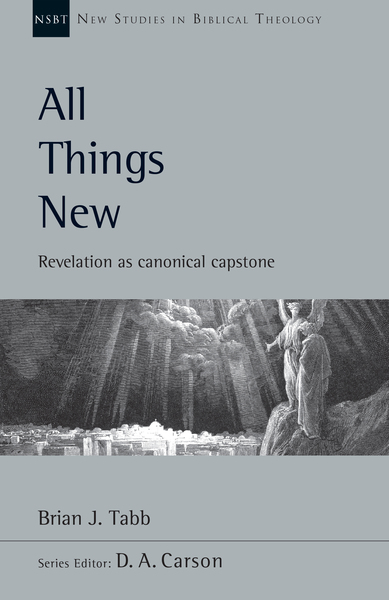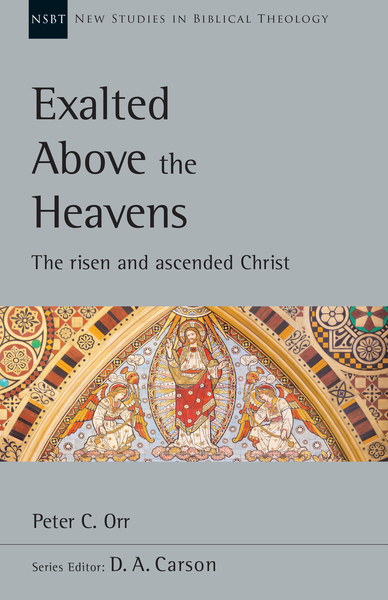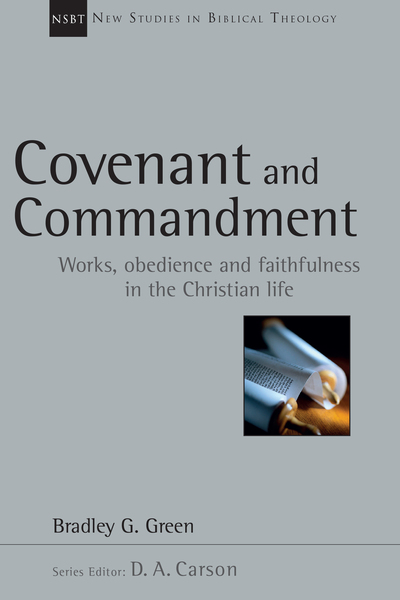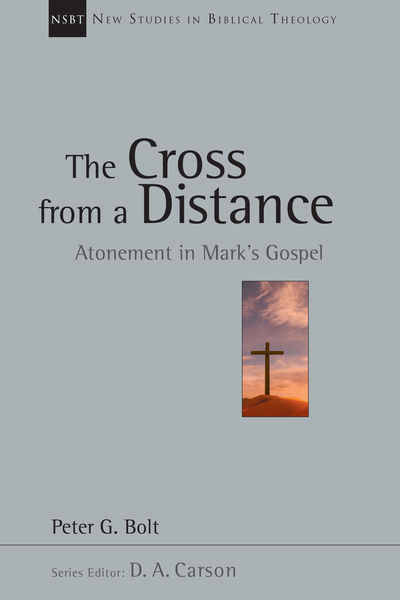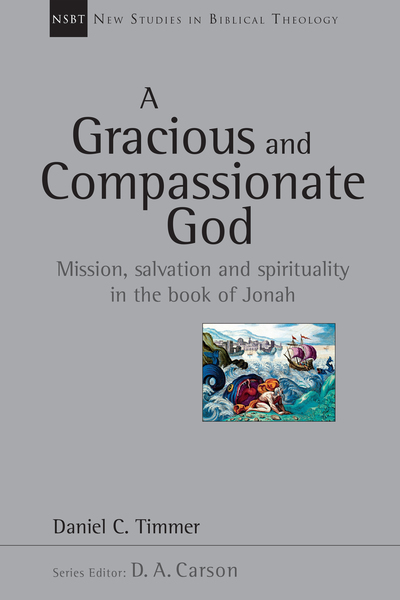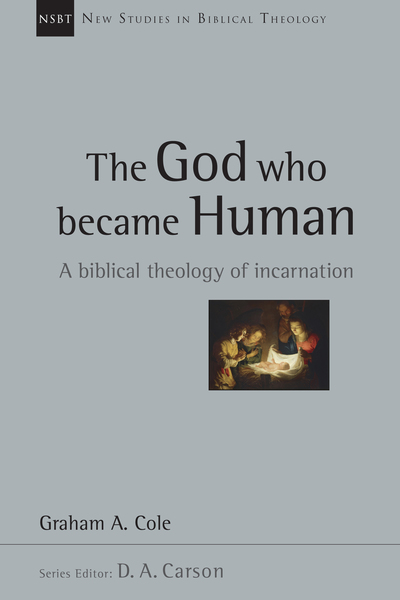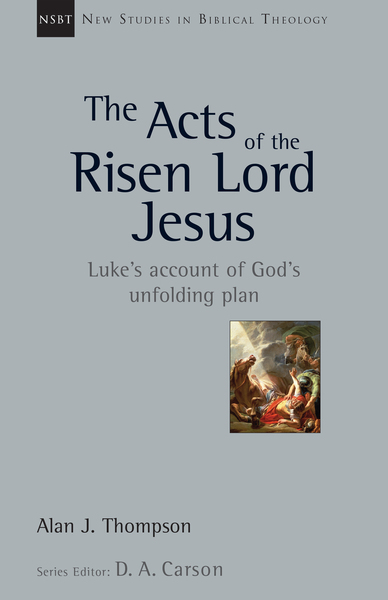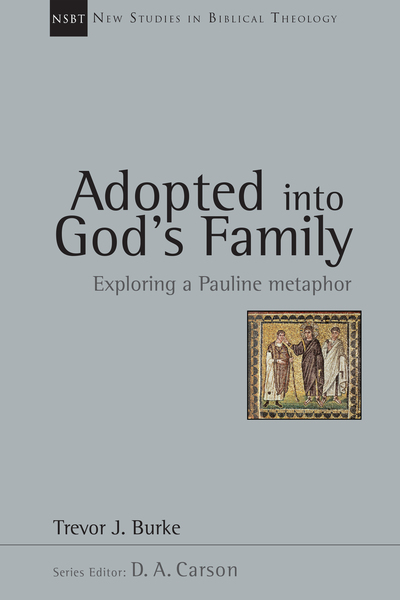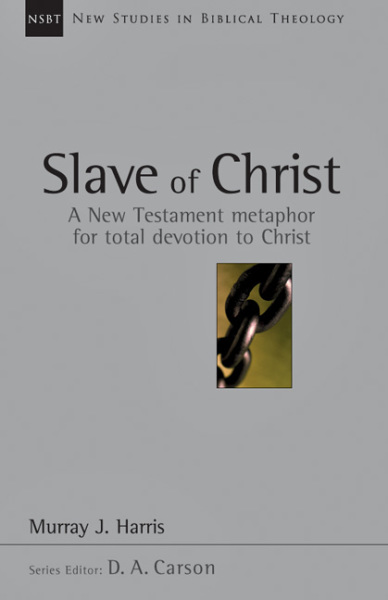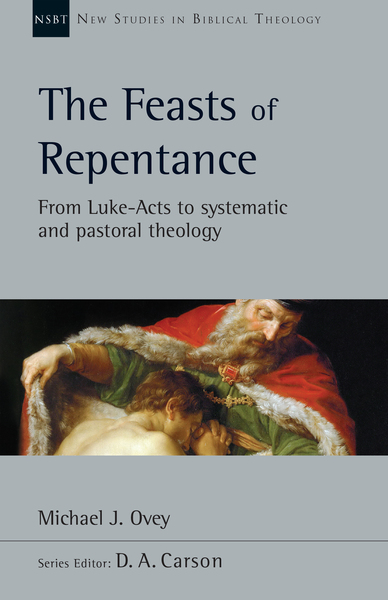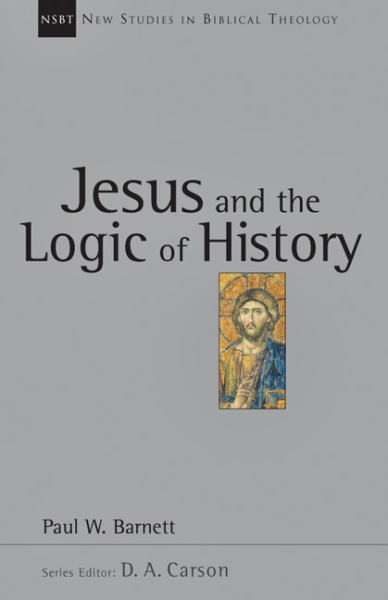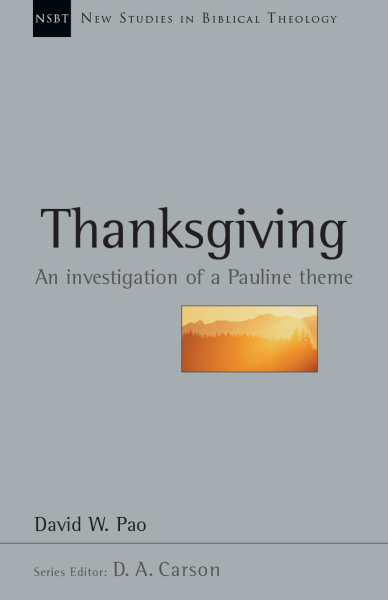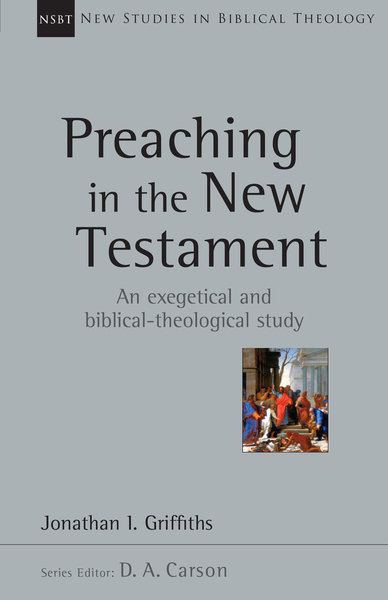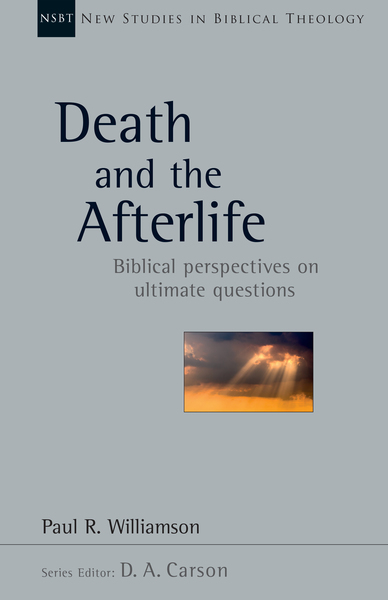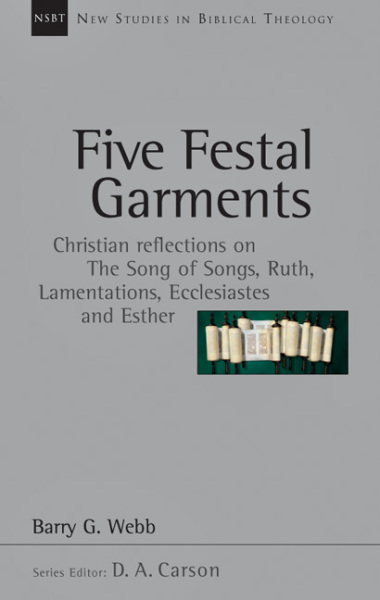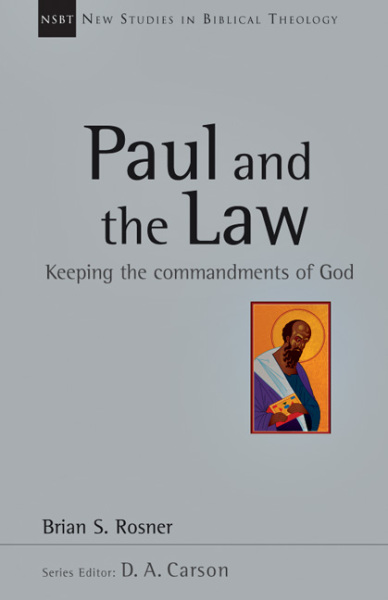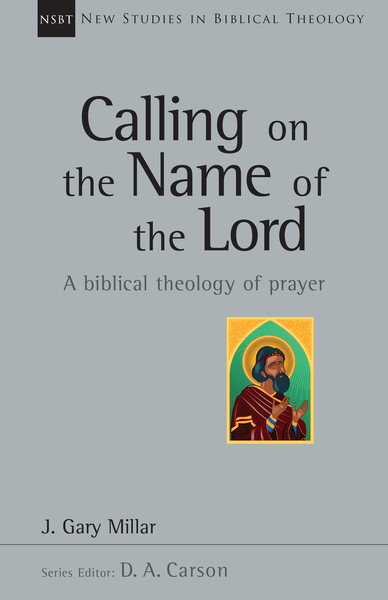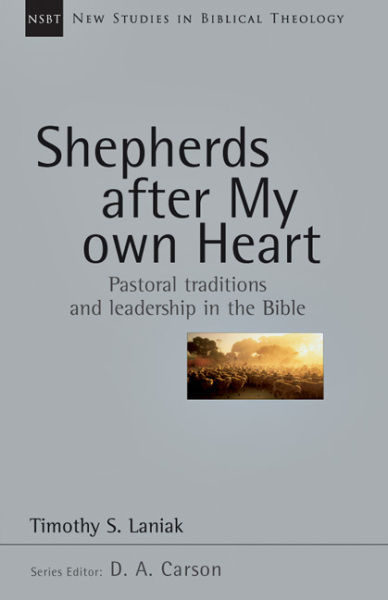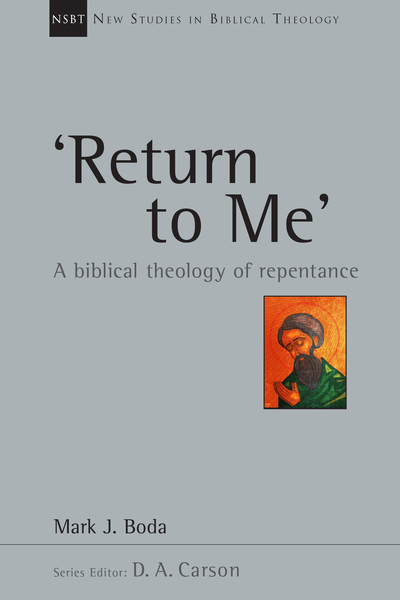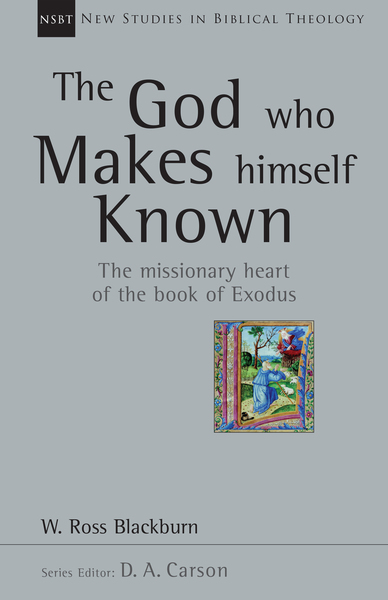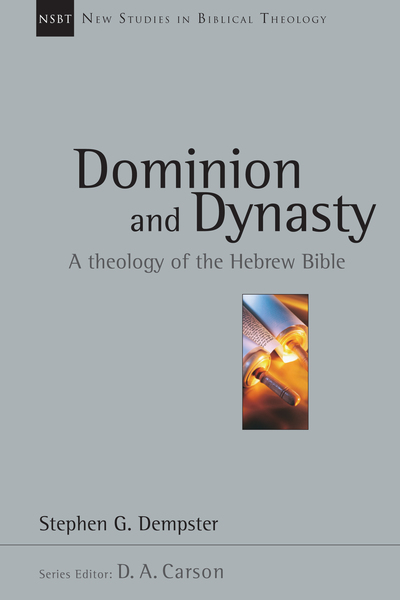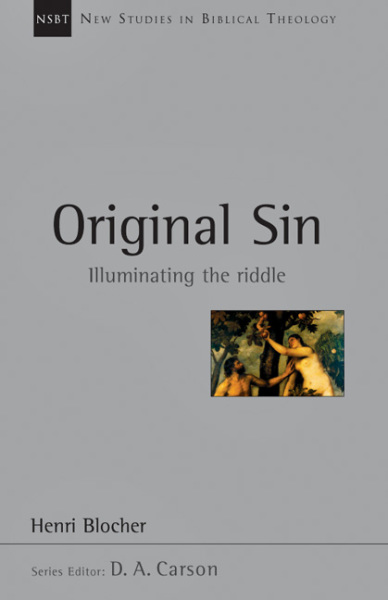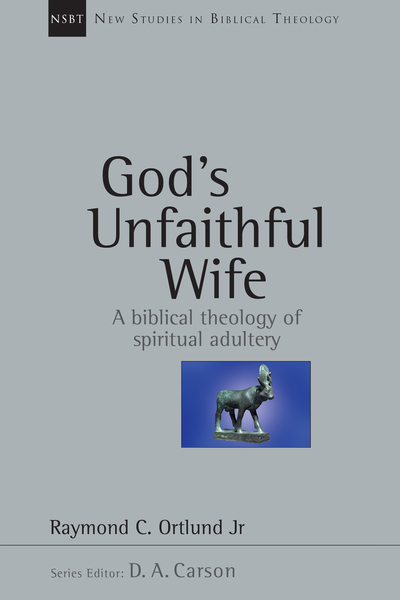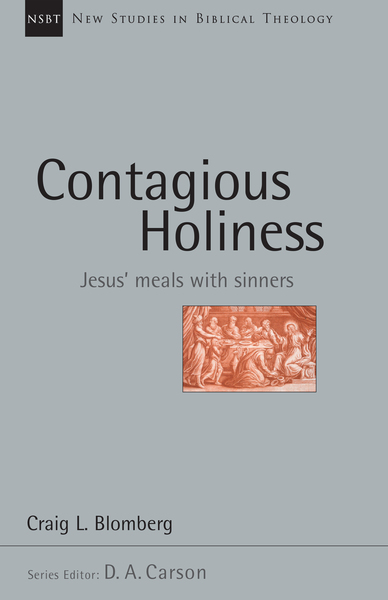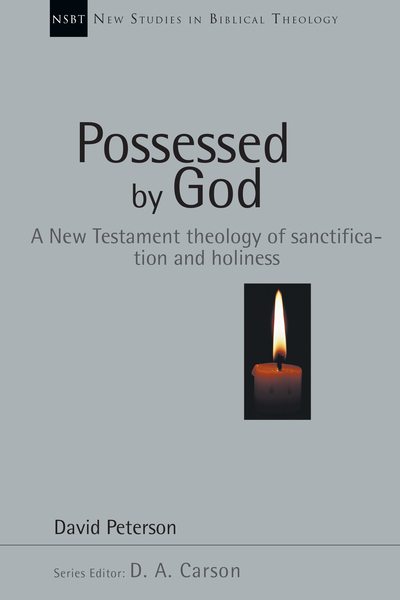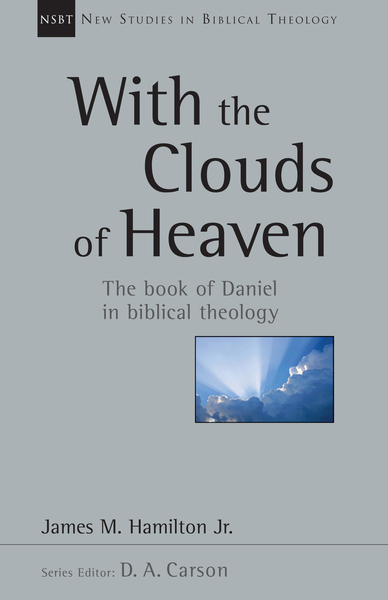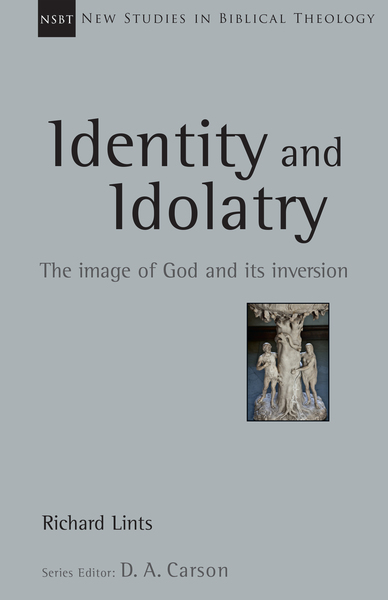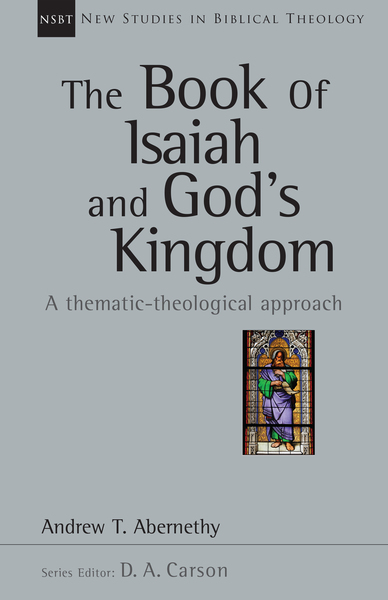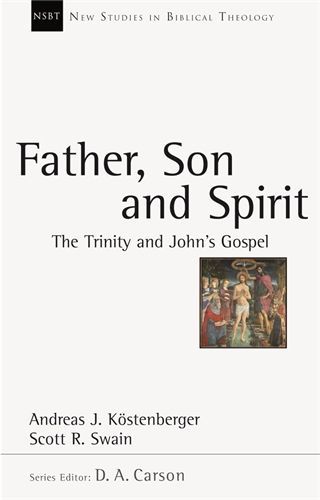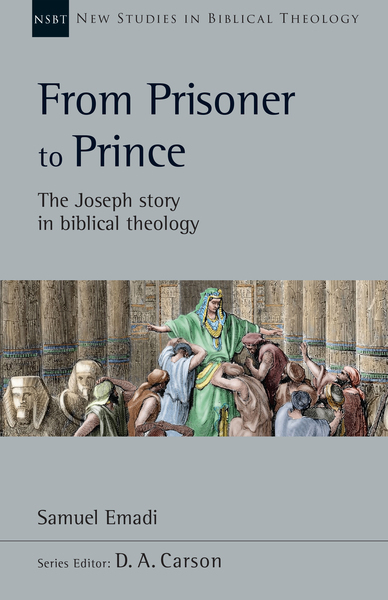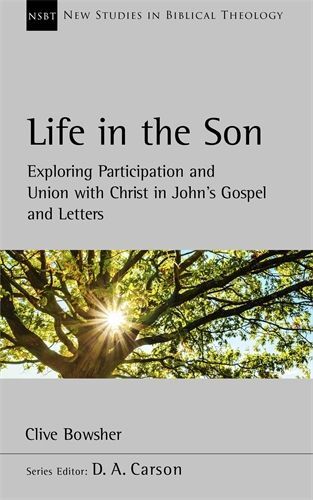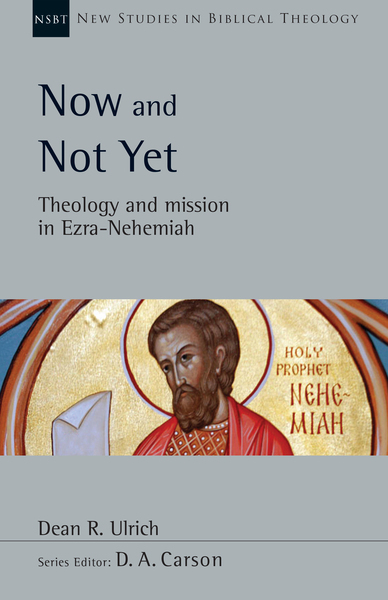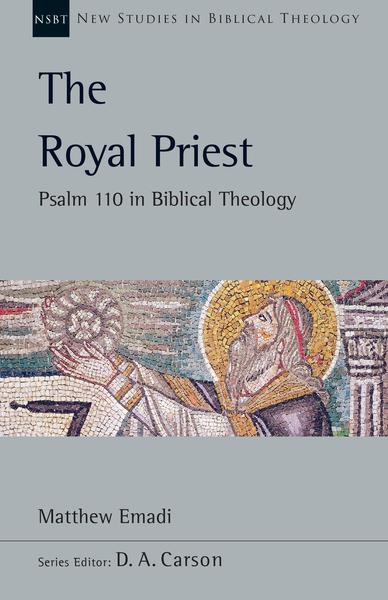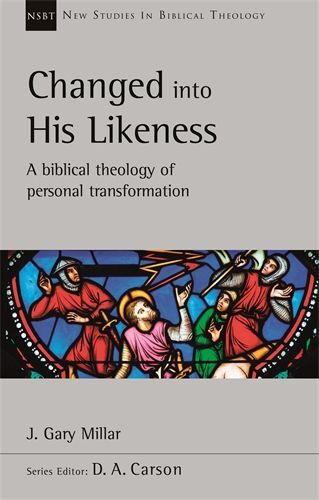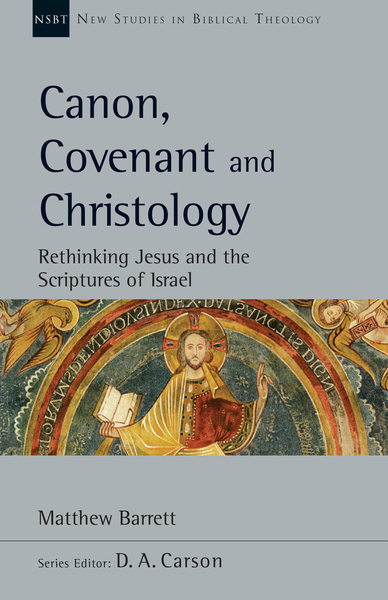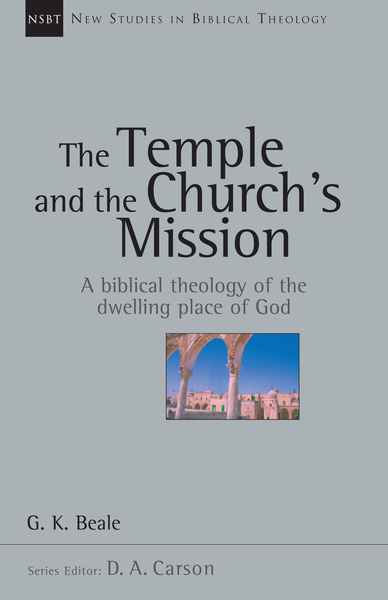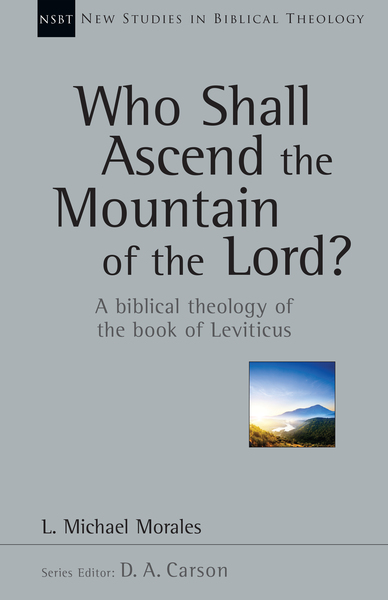

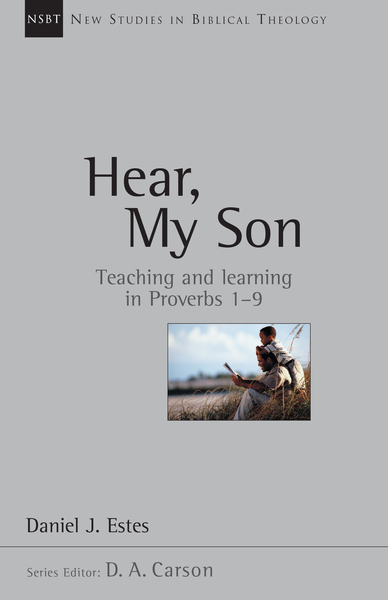
Hear, My Son: Teaching Learning in Proverbs 1-9 (NSBT)

Hear, My Son: Teaching Learning in Proverbs 1-9 (NSBT)
Even a cursory reading of the book of Proverbs reveals that it is dominated by the subject of education, or personal formation. The voice of the teacher addressing his pupils resounds from its pages. A wide array of topics is presented, and frequent exhortations challenge the learner to hear and heed the teacher's instruction. This material, however, comes for the most part without recognizable order or sequence. Much of Proverbs consists of apparently random collections of maxims. As readers, we see many individual pieces, but the puzzle as a whole remains unclear.
In this New Studies in Biblical Theology volume, Daniel J. Estes synthesizes the teachings of the first nine chapters of Proverbs into a systematic statement of the theory of education and personal formation that lies behind the text. Working from the Hebrew text and building upon an extensive analysis of exegetical works, Estes organizes his study of Proverbs 1–9 into seven categories typical of pedagogical discussion: worldview, values for education, goals for education, curriculum for education, the process of instruction, the role of the teacher and the role of the learner.
His work agrees with but also transcends the original purpose of the text by revealing the foundational theory of intellectual and moral formation embedded in this important section of Scripure. It also has valuable things to say about constructing a bibilically informed philosophy of education today.
Addressing key issues in biblical theology, the works comprising New Studies in Biblical Theology are creative attempts to help Christians better understand their Bibles. The NSBT series is edited by D. A. Carson, aiming to simultaneously instruct and to edify, to interact with current scholarship and to point the way ahead.
Daniel J. Estes (Ph.D., University of Cambridge) is professor of Bible and dean of the school of biblical and theological studies at Cedarville University in Ohio. His books include Hear, My Son and Handbook on the Wisdom Books and Psalms.
